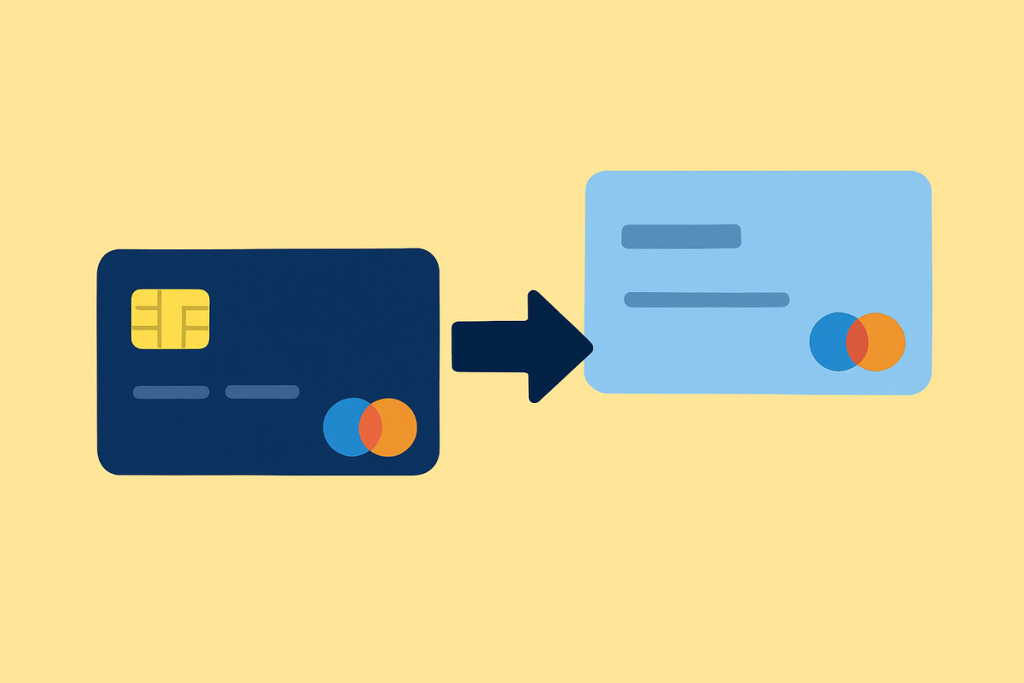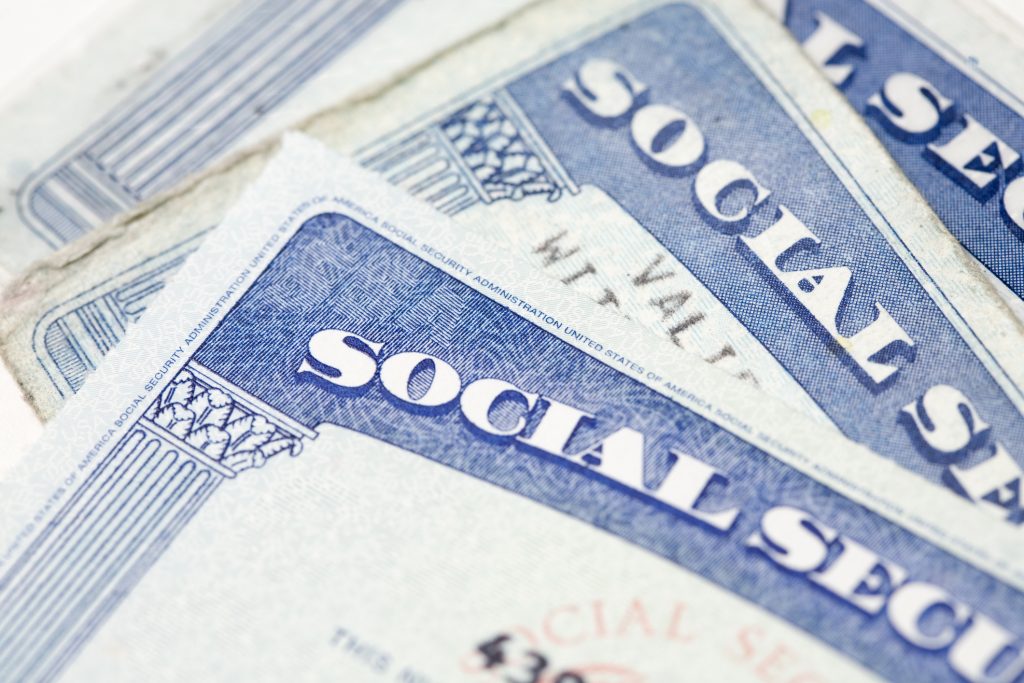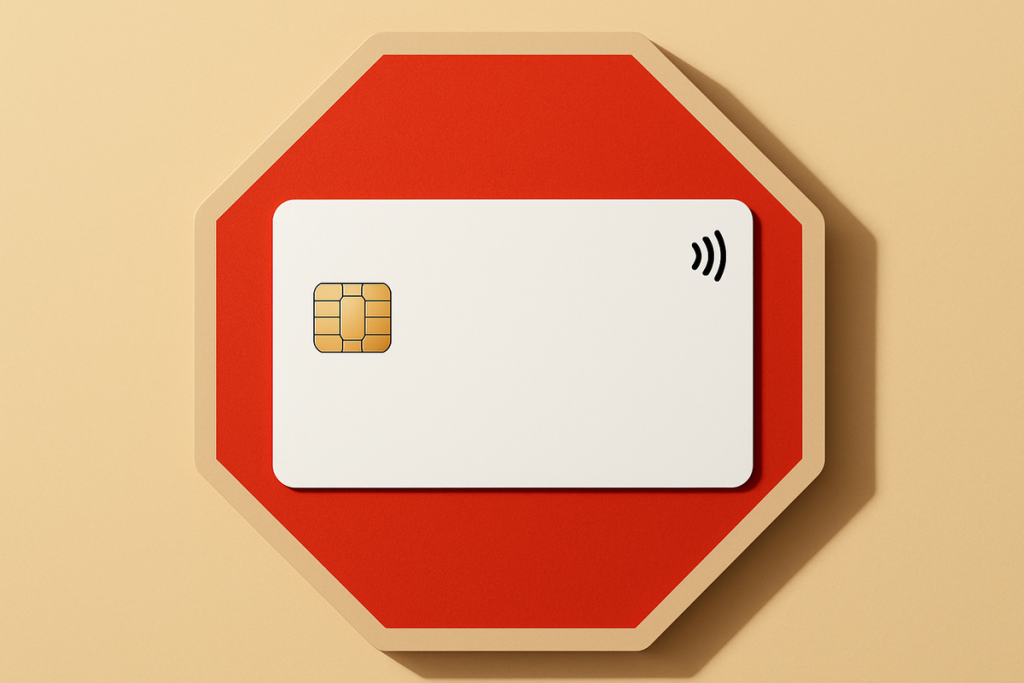
Image source: Upsplash/The Motley Fool
The downside of opening a new credit card is that if you don’t manage your balance carefully, you could end up paying a lot of money in interest. That’s what credit card companies want you to do, which is why having too many credit cards can be dangerous.
But if you do a good job of paying off balances and keeping your debt to a minimum, then there’s a big benefit to opening a new credit card. Not only might you set yourself up for benefits like cash back or rewards points, but many credit cards offer generous welcome bonuses that put extra cash, points, or miles in your pocket.
In fact, October is a great time to apply for a new credit card with a sign-up bonus for one key reason.
Earning credit card sign-up bonuses
Credit card sign-up bonuses typically work like this. You get three months (sometimes more or less, but this is a common time frame) to meet a specific spending requirement on your new card. If you do, you get a certain amount of points, miles, or cash back as a reward.
For example, you may find a card that gives you $250 for spending $3,000 within three months of opening your account. And if you like the idea of getting a bonus like this, check out this list of the best credit card sign-up bonuses for October.
However, it’s not always a given you’ll be able to spend enough on your new credit card to meet the issuer’s requirement for a sign-up bonus. And if you specifically spend extra just to claim the bonus, you’re not exactly benefitting.
It’s one thing if you’d normally charge $1,000 worth of expenses on a credit card each month. In that case, spending $3,000 in three months is doable, and the $250 bonus is truly a bonus. But if you normally only spend $750 a month on a credit card ($2,250 over three months) and you force yourself to spend an extra $750 to make it to $3,000, you’re not gaining $250 so much as losing $500.
Timing your credit card application
That’s why October can be a great time to chase a sign-up bonus. In the coming weeks, you’re likely to spend a fair amount of money on holiday purchases, whether it’s airline tickets to go back home or gifts for your friends and coworkers. If that’s money you were already planning to spend, then you’re not forcing yourself to spend extra just to claim a sign-up bonus.
Let’s circle back to our example. Perhaps you need to spend $3,000 in three months to get a $250 bonus and you’d normally only spend a total of $2,250 during that time. But if you also typically spend $750 on the holidays, then you’re in a prime position to hit that $3,000 requirement without resorting to forced or needless spending.
An opportunity you should seize
It’s a huge bummer to apply for a new credit card with a generous sign-up bonus only to not reach the spending minimum and miss out on the extra rewards. But if you expect to spend a lot of money on the holidays, then now’s a great time to add a new credit card to your wallet.
Last year, the National Retail Federation said that holiday shoppers were expected to spend $875 on average. If you think your spending will be similar during the upcoming holiday season, then it might be worth getting a new credit card at a time when you’re more likely to snag the bonus that comes with it.
Alert: highest cash back card we’ve seen now has 0% intro APR into 2026
This credit card is not just good – it’s so exceptional that our experts use it personally. It features a 0% intro APR for 15 months, a cash back rate of up to 5%, and all somehow for no annual fee!
Click here to read our full review for free and apply in just 2 minutes.
We’re firm believers in the Golden Rule, which is why editorial opinions are ours alone and have not been previously reviewed, approved, or endorsed by included advertisers.
The Ascent does not cover all offers on the market. Editorial content from The Ascent is separate from The Motley Fool editorial content and is created by a different analyst team.JPMorgan Chase is an advertising partner of The Ascent, a Motley Fool company. Maurie Backman has no position in any of the stocks mentioned. The Motley Fool has positions in and recommends JPMorgan Chase. The Motley Fool has a disclosure policy.
 fool.com
fool.com benzinga.com
benzinga.com accuweather.com
accuweather.com marketbeat.com
marketbeat.com



